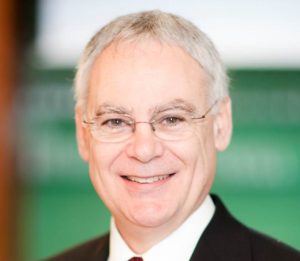Flinders Welcomes Next Generation of PhD Researchers
Flinders University postgraduate researchers have been awarded funding for projects using machine learning to advance breast cancer treatments, improve surgery for remote patients with oesophageal cancer and explore genetic and antibody diversity.
The National Health and Medical Research Council (NHMRC) has announced over $300,000 for the three Flinders-led projects, from the beginning of 2024.
The highly competitive scholarships support outstanding health and medical graduates to undertake research higher degrees in which they will conduct research that is internationally competitive and develop a capacity for original independent research.
Today’s announcement provides funding for the Flinders researchers to attain a Doctor of Philosophy or Research Master’s degree.

In world-leading research, Clinical Pharmacist Bradley Menz ($88,785) will use the scholarship to deploy state-of-the-art machine learning on breast cancer trials involving over 100,000 volunteers to identify patients that can most benefit from treatments.
Also awarded a postgraduate scholarship, Dr Josipa Petric ($128,982) is setting out to improve the management of oesophageal cancer by better understanding patient preferences for surgery in remote communities and the importance of health-related quality of life and cost-effectiveness to best manage the cancer.
Dr Alexander Troelnikov ($105,622) is identifying novel risk factors for disease and uncovering new approaches to diagnose and treat antibodies associated with immunological disorders.

Deputy Vice-Chancellor (Research) Professor Robert Saint says Flinders receiving these PhD grants is further evidence of the university’s research trajectory, which has seen a 140% increase in research income over the past five years, the fastest growth of any university in the nation.
“The recipients embody Flinders – a powerhouse for the exploration of new ideas and solutions to health and medical problems. We’re relentlessly pursuing solutions for better health outcomes and better, healthier communities,” Professor Saint said.
“Congratulations to Bradley Menz, Dr Josipa Petric and Dr Alexander Troelnikov and we wish them every success. Grants like these provide the foundation for successful research careers and enable the exploration of new ideas.
“Thank you also to the Australian Government for recognising that the bedrock of beating the world’s health and medical problems lies in the bright minds here at our university,” Professor Saint said.
Grant recipient Bradley Menz is thrilled that his research is being recognised as a priority to improve health outcomes for patients with breast cancer.
“By accessing large datasets and using machine learning and artificial intelligence (AI), we can unlock biological insights when it comes to choosing the right medicine for the individual patient. Examples of potential benefits include identifying significant drug interactions that can influence clinical outcomes for cancer patients,” Mr Menz said.

